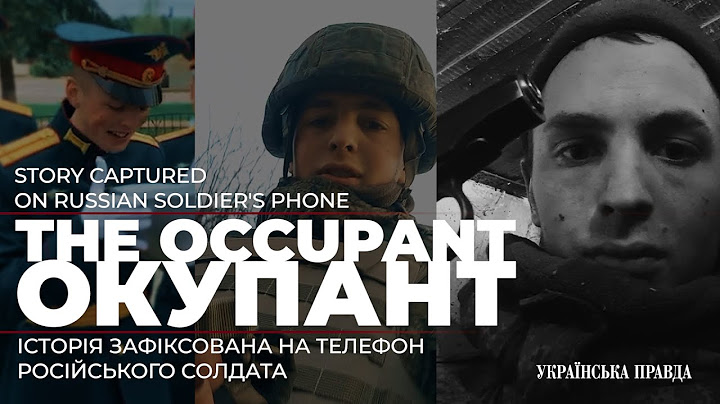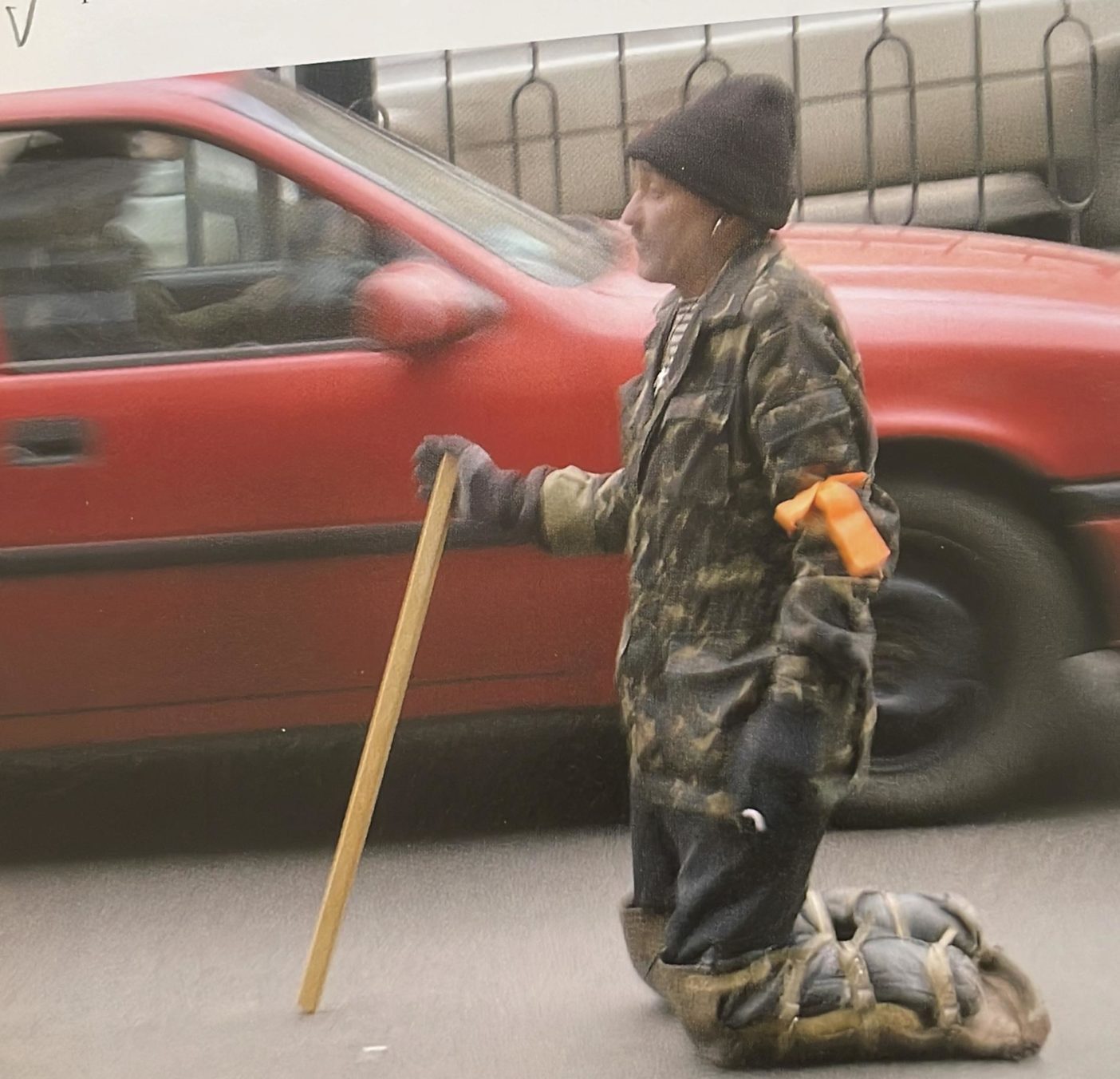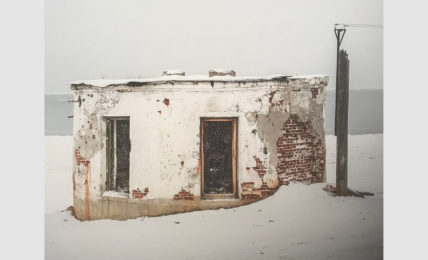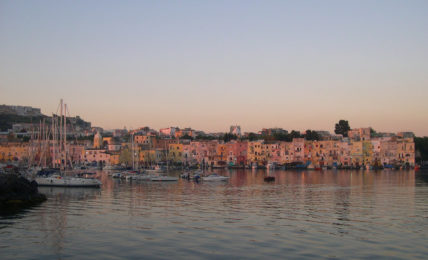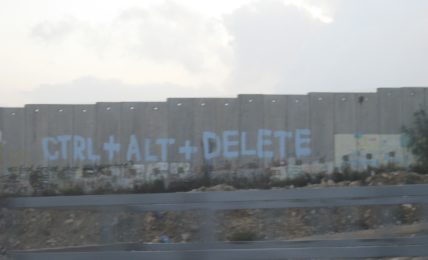Il cortometraggio ‘L’occupante’: la guerra tra chi è in viaggio e chi resta fermo
Dal telefonino di un soldato catturato, il cortometraggio 'L'occupante' ci svela l'amaro viaggio di un soldato russo catturato. Ma il viaggio dell’invasore è cominciato dopo un altro, ben più trasformatore: quello della società ucraina.
